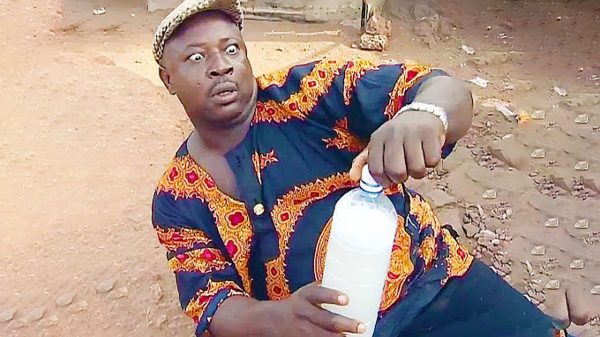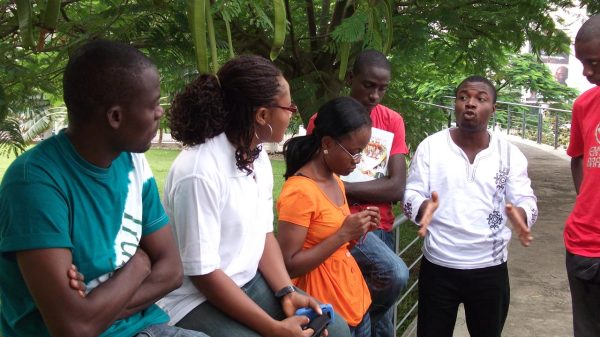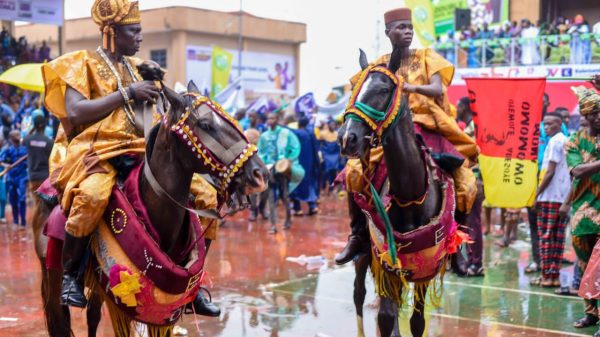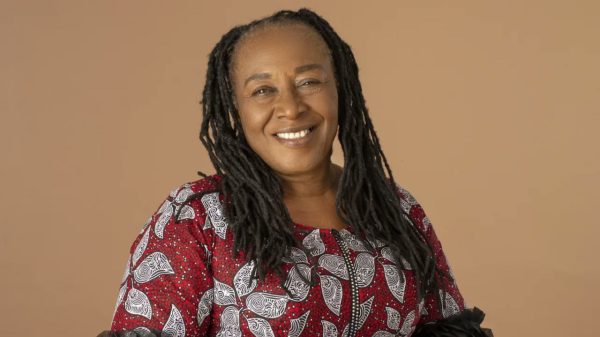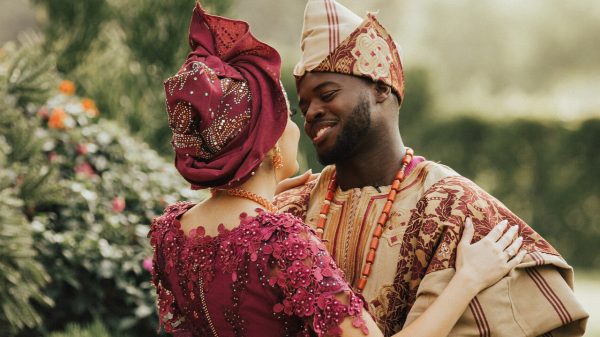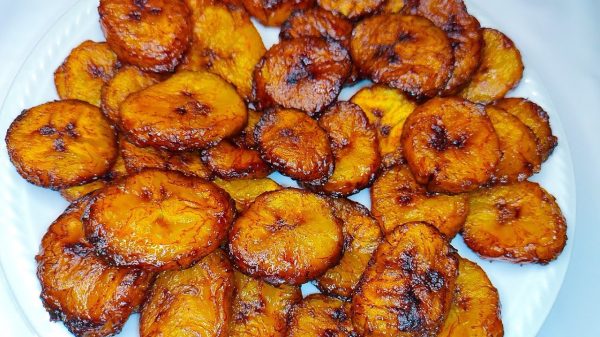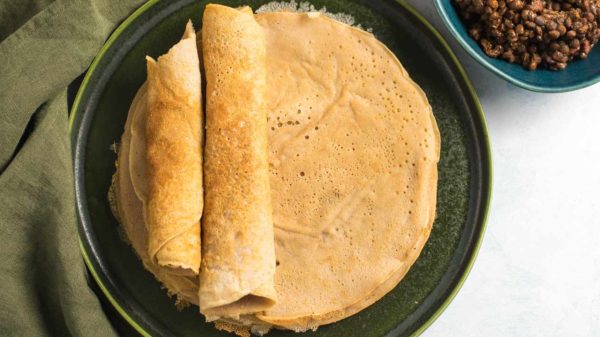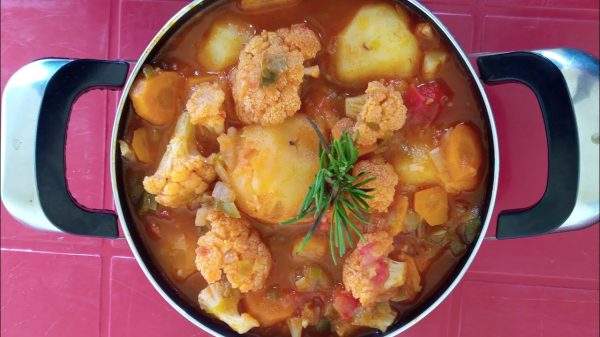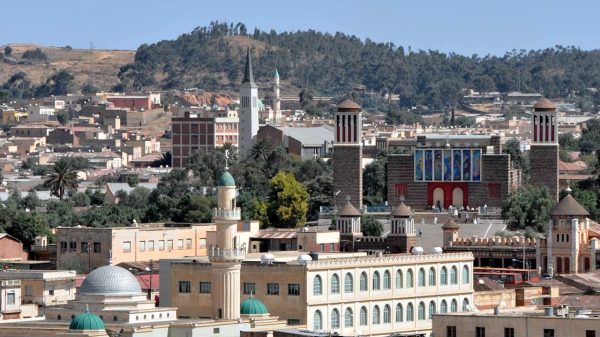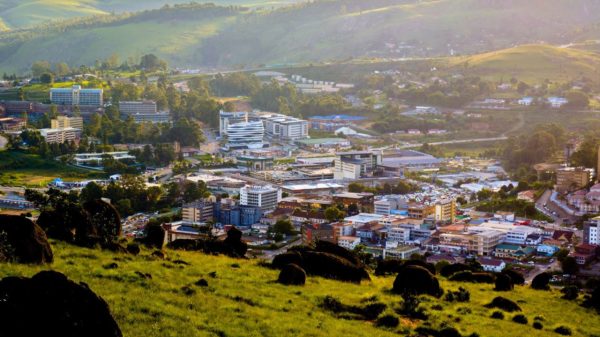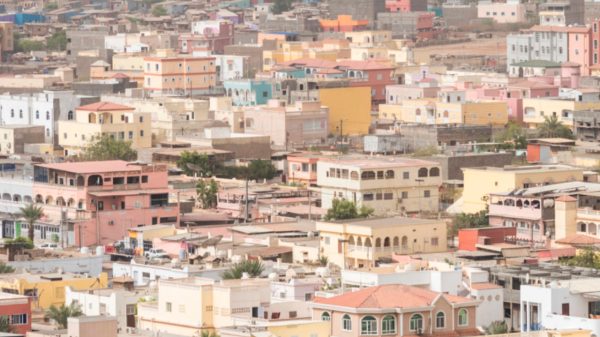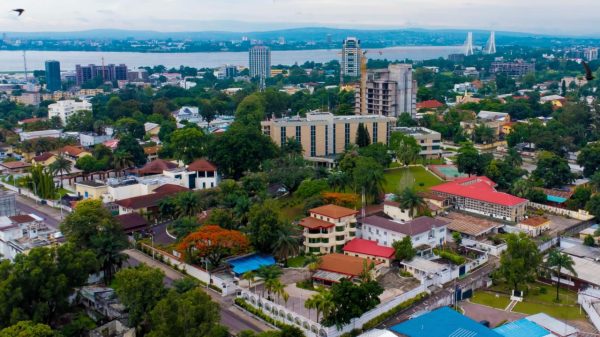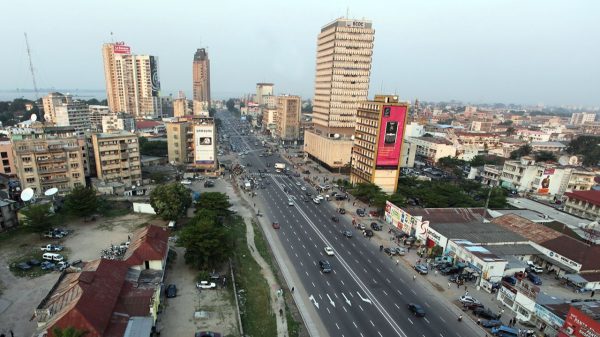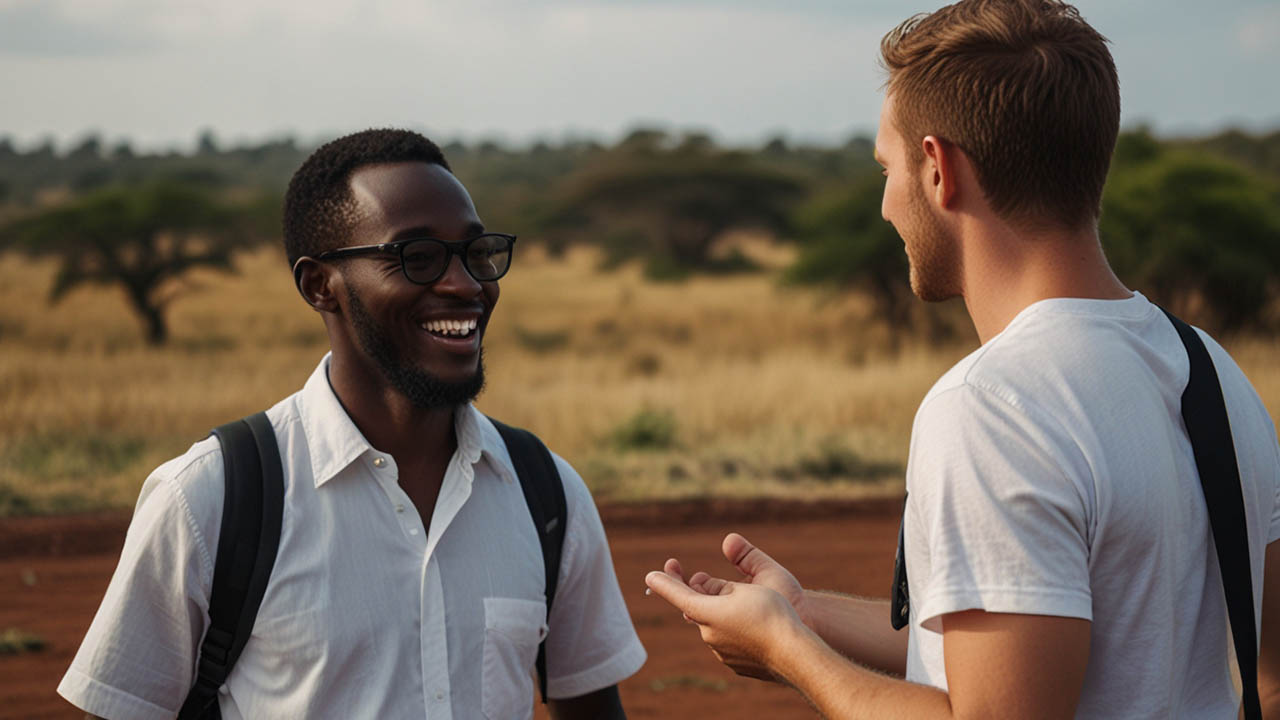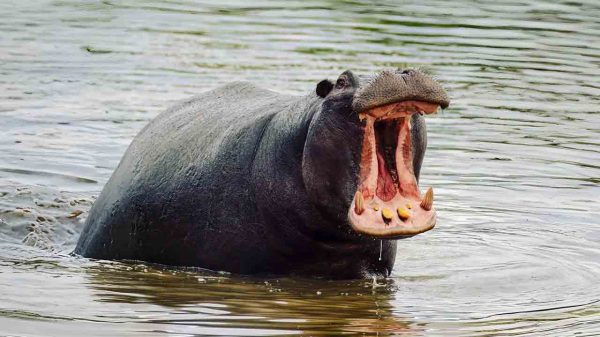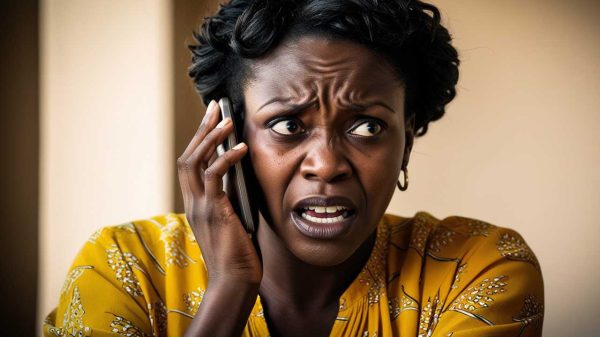If you’re heading to Ghana, get ready for an amazing adventure! One of the best ways to connect with the locals is by using Pidgin, a language that blends English with elements from Ghanaian languages like Twi and Ga. It’s fun, easy to pick up, and will make your experience in Ghana a lot more memorable.
In Ghana, Pidgin is used in everyday conversations, and learning a few key phrases will help you feel like you belong. Although similar, Ghana Pidgin is slightly different from Nigerian Pidgin. Here’s a list of over 30 common Pidgin phrases that will make you sound like a local!
| Pidgin Phrase | Meaning |
|---|---|
| Wossop? | How are you? or What’s up? |
| I dey | I’m fine/I’m good/I’m alright |
| What dey go on? | What’s going on? or How are things? |
| Abeg | Please |
| You chop? | Have you eaten? |
| I dey hung! | I’m hungry! |
| Padi | Friend |
| He be ma Padi | He’s my friend |
| Ma Woman | babe/girlfriend/wife |
| You for relax | Calm down or Take it easy |
| Make you no bore | Don’t be upset |
| Abeg, Make you no bore | Please, don’t be upset |
| Mama | Mother |
| Papa | Father |
| Chale | My guy or My Bro |
| Biz | Ask |
| Am | Him/her |
| Go biz am | Go and ask him/her |
| Kai | Remember |
| You dey Kai.. | Do you remember when… |
| What be your own? | What’s your business? or Why do you care? |
| Gbɛkɛ T | Evening Time |
| Morning T | Morning Time |
| Afternoon T | Afternoon Time |
| Kidi/Kiddie | Child, Kid |
| Look sharp | Be careful, Stay alert |
| What you go chop? | What do you want to eat? |
| Suck | Drink |
| I want suck water | I’m thirsty/I want to drink water |
| Bof | Bath |
| I dey bof | I am bathing |
| Barb | Understand/Grasp |
| I dey barb! | I get you |
| You dey barb me? | Do you get me? |
| Righdee | Right now |
| E be righdee he lef | He just left |
| I sati! | I’m full |
| We go crosh | See you later/Till we meet again |
| Sake of | Because |
| I go fit | I can |
| I no go fit | I can’t |
| Make we link up | Let’s meet up |

Now that you’re armed with over 30 essential Pidgin phrases, you’re ready to explore Ghana like a local! Whether you’re chatting with the friendly people you meet, bargaining in the markets, or just soaking in the culture, knowing Pidgin will make your experience that much richer.
So when someone asks, “Yo Chale, Wossop?” you’ll be able to respond confidently with “I dey!” and keep the conversation flowing. Enjoy your trip to Ghana, and don’t forget to practice these phrases—you’ll be talking like a pro in no time!
Frequently Asked Questions (FAQs)
1. Is Pidgin an official language in Ghana?
No, Pidgin is not an official language in Ghana. The official language is English, though Pidgin is widely spoken informally, especially in urban areas.
2. Is Ghanaian Pidgin similar to Nigerian Pidgin?
Yes, Ghanaian Pidgin and Nigerian Pidgin share many similarities, such as vocabulary and sentence structure. However, there are regional differences in pronunciation and certain expressions.
3. Is Pidgin taught in Ghanaian schools?
No, Pidgin is not formally taught in schools in Ghana. It is learned informally through social interactions, music, and media. Most people learn it when they go to Junior high school and perfect it when they move to Senior high school.
4. Is Pidgin similar to Patois?
While both Pidgin and Patois are forms of creole languages, Patois typically refers to the Jamaican form, which has roots in English and African languages. Pidgin, including the Ghanaian variety, has similar characteristics but varies by region.
5. How do you say “I miss you” in Ghana Pidgin?
“I dey miss you.” Or “I dey miss you waa” to emphasize the feeling.
6. How do you say “I love you” in Ghana Pidgin?
“I dey love you.” Or “I dey love you waa” to emphasize the feeling.
Subscribe to our Newsletter
Stay updated with the latest trends in African Pop Culture!

